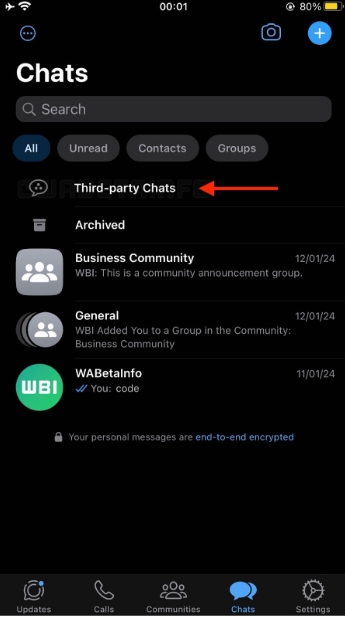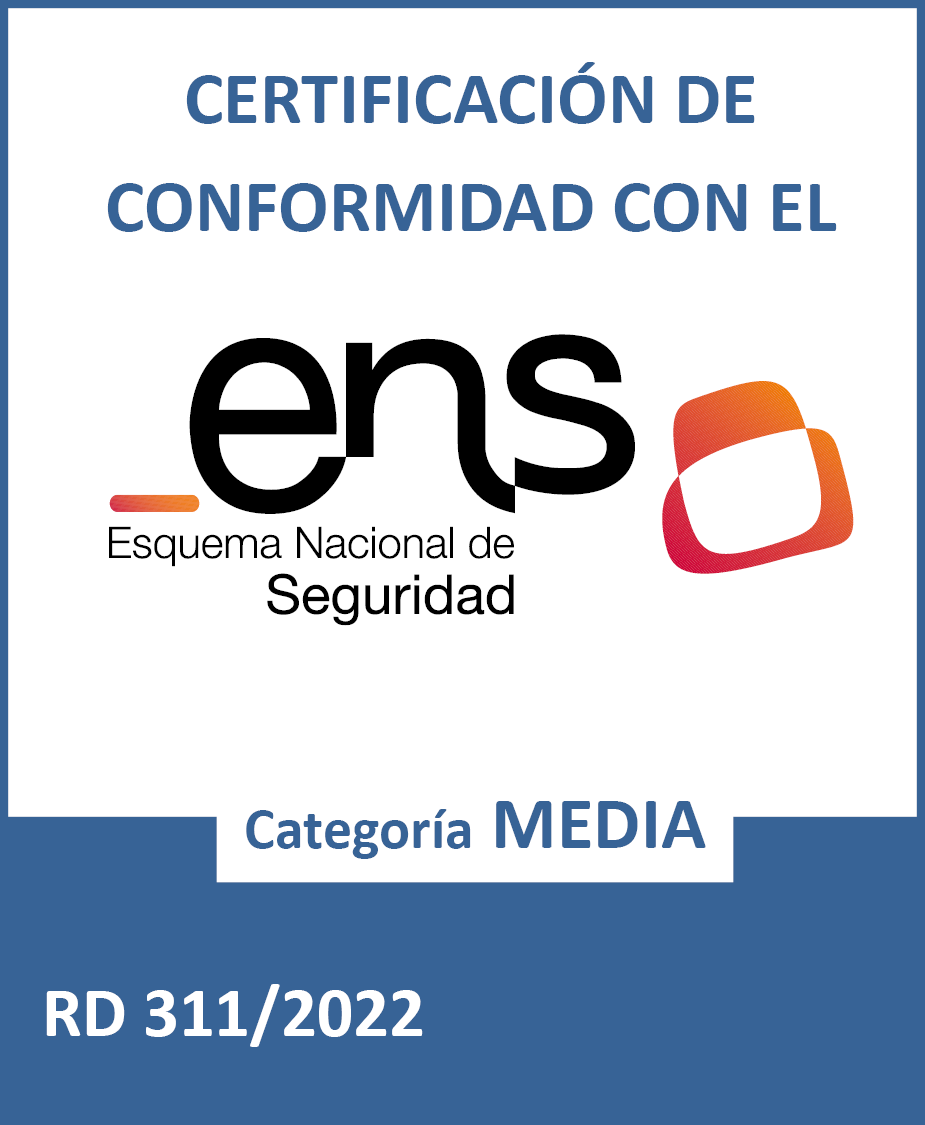Understanding Apple's new App Store rules under the DMA.
Complying with the DMA.
Since the early days of the iPhone 3G, Apple's App Store has continually evolved. However, it is currently on the threshold of significant change driven by the European Union's Digital Markets Act (DMA), with an implementation date set for 6 March.
As a result of the DMA, Apple and other companies are forced to comply with European legislation, which means allowing users to install apps from sources other than the system shops.
Importantly, the DMA focuses on "mobile devices", excluding iPad, Apple Watch, Mac, Apple TV and the new Apple Vision Pro from these regulations.
Requirements for publishing applications outside the App Store.
For readers interested in publishing apps outside the App Store, there are several key requirements:
1. Accept new terms and conditions.
You will have to accept new terms, conditions of use and assume legal responsibilities. This includes being legally responsible for possible claims, complaints and legal breaches, as well as providing support to all users.
2. Bank guarantee of $1,000,000.
Submit a bank guarantee of $1 million to financially secure claims, refunds and compensation.
3. Develop a shop-type application.
Apple has provided tools to develop a store-like application, acting as an application aggregator. You will need to create your own "App Store".
4. Limit availability in Europe.
The new shop should be published in the current App Store, and its download should be limited to Europe.
5. Submit applications for review.
All applications available in the new store-type app must be submitted to Apple for a "light" review, and Apple will then digitally sign it. If the app is modified afterwards, the signature will no longer be valid and the app will not be able to be installed.
6. Store signed applications in your CMS.
Signed applications must be hosted on your servers or content managers for distribution.
7. Periodic audits.
Undergo regular audits of content, use of user data and app downloads. In case of exceeding 1 million downloads for a particular app, a fee of €0.50 for each additional installation is payable. Yes, even for free apps.
Challenges and Considerations.
Publishing an app outside the App Store is a complex and costly task. Companies and developers must carefully evaluate all the requirements before embarking on this process.
While Apple has complied with the law, it has done it the Apple way. The implementation of the DMA poses a challenge for those who imagined the possibility of submitting and installing apps via conventional methods such as email, WeTransfer or WhatsApp on iPhones.
Beyond the DMA.
In addition to the above-mentioned requirements, the DMA also introduces other interesting regulations for EU members, such as compatibility between messaging apps. For example, the WhatsApp app is already in Beta with the functionality to receive messages from Telegram, Facebook or other sources, and this functionality is expected to be available before 6 March.
In short, understanding and following the new App Store rules under the DMA is essential for those looking to expand their presence beyond conventional app shops. The complexity and associated costs mean that this decision requires careful consideration by developers and businesses.


